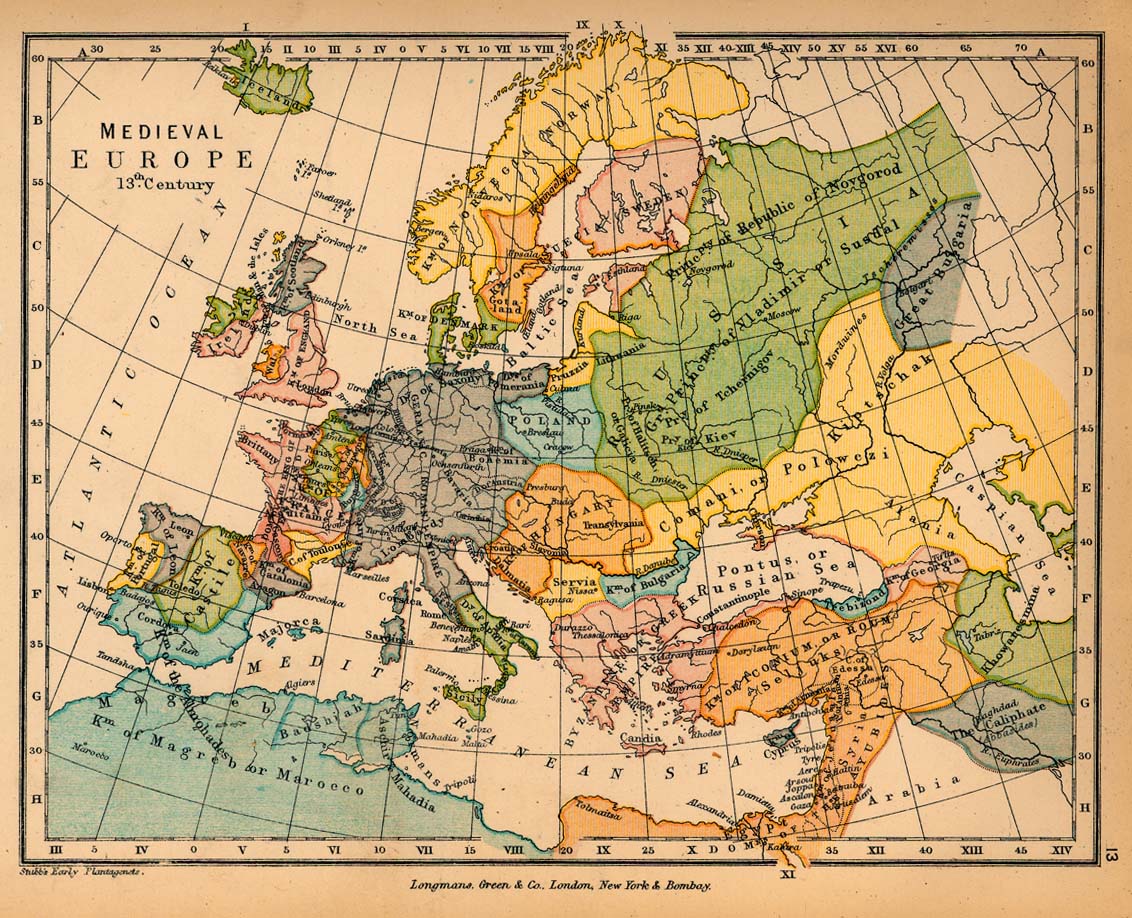trentonian7
 Troubadour
Troubadour
I've been working on a few colonies, however, I'm having difficulties. There are already several kingdoms near my colonies; how could a colony ever be founded without the forcible taking of land? Furthermore, how did this work in antiquity? Why would a perfectly habitable land be left alone by it's neighbors? Perhaps they lack the numbers or administrative capabilities? Greece had hundreds of colonies across the Mediterranean yet I've never heard of contests for the land they were trying to build on.

 Vala
Vala

 Maester
Maester Myth Weaver
Myth Weaver Scribe
Scribe